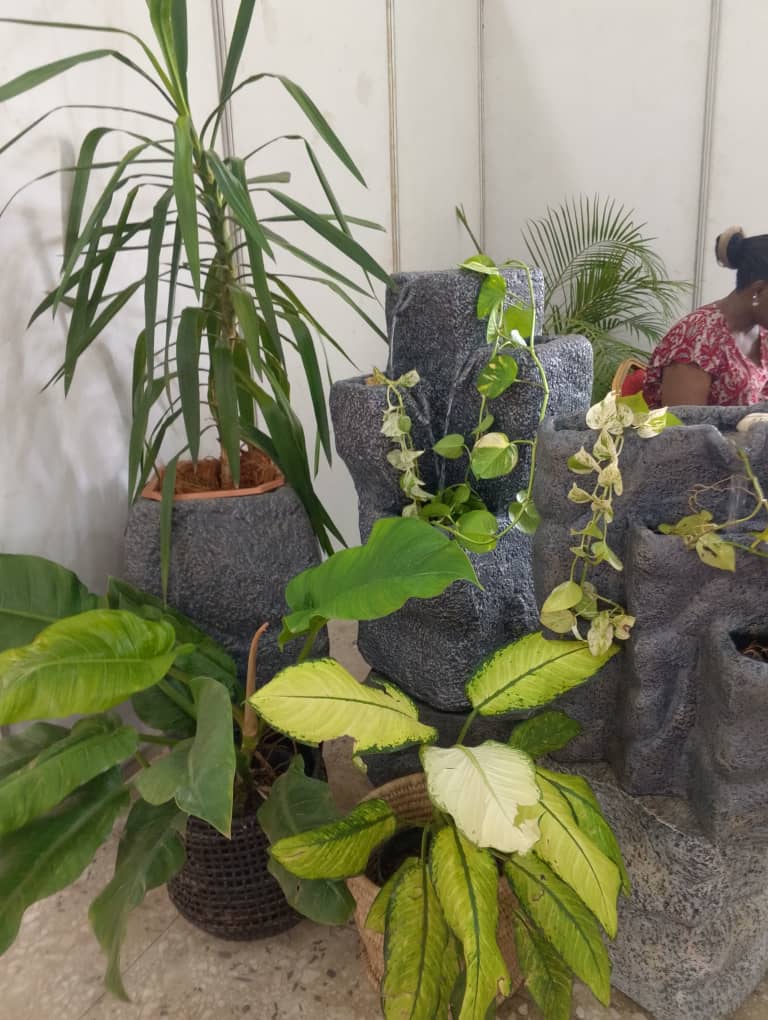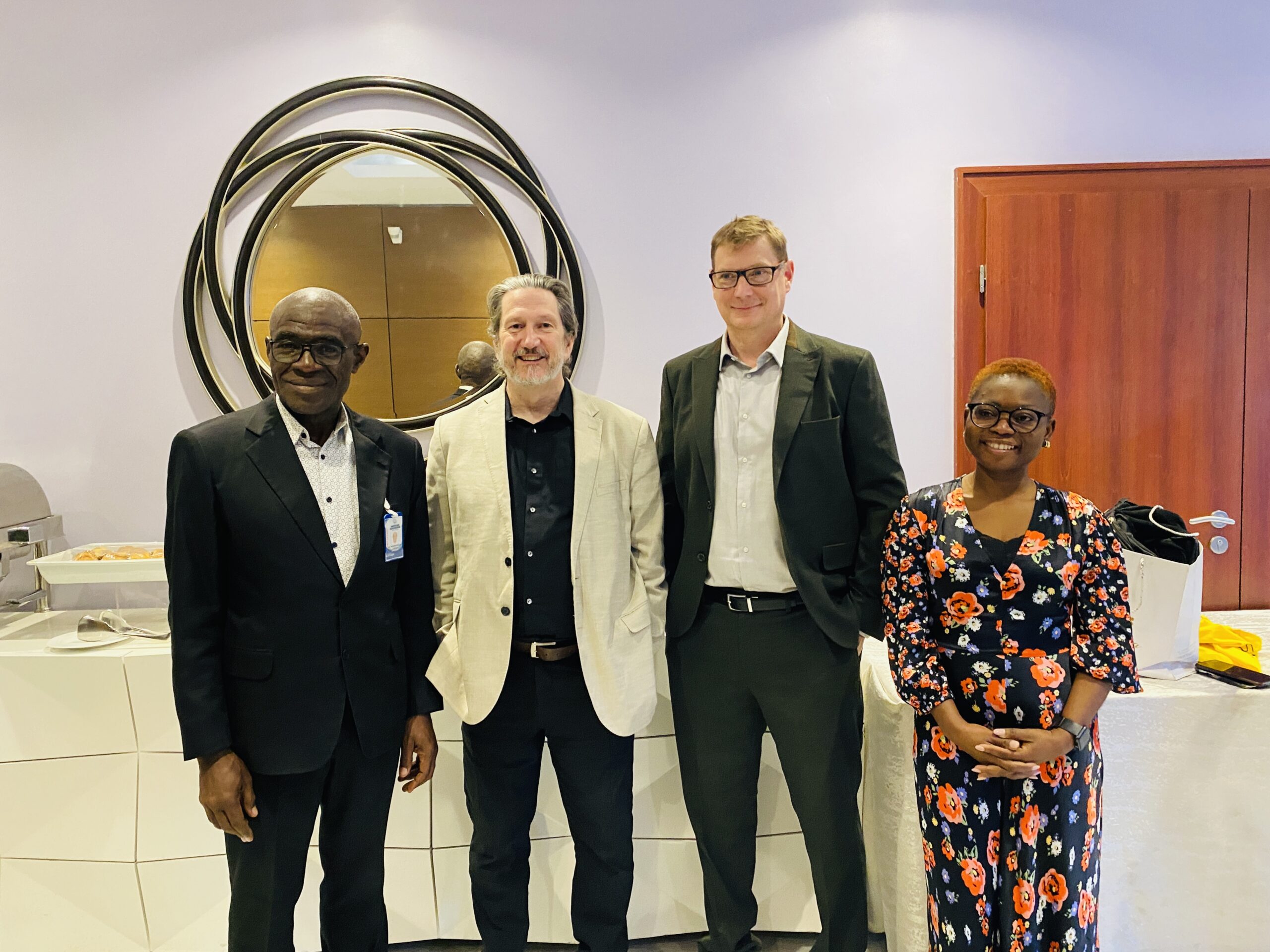Climate Change: Plant trees rather than throw parties- NCF DG
By Wandoo Sombo
The Director- General of Nigeria Conservative Foundation, (NCF), Mr Joseph Onoja, has called on Nigerians to organise tree planting events to celebrate birthdays and anniversaries rather than throw lavish parties.
Onoja made the call on Friday in Abuja at the maiden edition of the Abuja Garden Festival against the backdrop of severe heatwave being experienced across the country.
He said that being intentional about tree planting by channelling resources to it would go a long way to reduce the effects of climate change in the country.
“Rather than throwing parties during your anniversaries and birthdays, organise trees planting events.
“This is so that we will have trees around us that will be able to play the role we are supposed to play to create more resilience, especially, in the face of climate change.
“In the coastal areas, we have erosions while in the North, we have desertification coming in. So, we need to have trees around us to be able to stop that from happening.”
Sen. Ede Dafinone, in a keynote address, said that the Federal Capital Territory had taken some steps to revamp green areas in the city.
“The existing trees should be protected, the initiative to plant trees in schools is a laudable initiative.
“The green areas must remain green areas. Resident associations, schools, faith based organisations should be encouraged regarding tree planting.
“Everyone deserves access to clean green space in the FCT. Planting a tree is a bold step to protect our future and Abuja should lead by example,” he said
Also speaking, the facilitators of the event, Mrs Eyamba Nzekwu and Mrs Nana Gbolahan, said the need to protect the environment motivated them to organise the event.
Nzekwu said that since Abuja was still being developed as a city with a lot of construction going on, trees were being cut down without replacement.
“The onus is on us as residents to improve our well-being by contributing to our environment to start planting trees.
“If you have a tree, the tree has a lot of benefits, it provides shade from the elements.
”If you have trees around your house and there is severe windstorm, the trees act as a wind breaker to break those winds from getting into your premises to destroy your roofs or your property.
“Some trees are even medicinal, a lot of trees are being exported from Africa for their medicinal benefits,” she said.
Gbolahan said that if people continue to cut down trees, the effect would be erosion, desertification, excessive heat and even some other plants would die.
“We need the trees to provide a protective shield for us, Abuja has been very hot and then, you also have an extreme heat that is affecting our plants in the environment.
“We decided to focus on the environment and get more people on board. You don’t just have to get gardeners; you need people that are affected by the climate which is everybody.
“This year, our focus is to plant more trees and we are starting this initiative from schools in the FCT,” she said.
Gbolahan added that the initiative was to complement the efforts of government as well as to get support from the government in their effort too.
The News Agency of Nigeria (NAN) reports that the event was attended by garden owners, people who sell natural flowers and other natural foods.
NAN also reports that seedlings were given to those who attended the event to plant and report the progress at the next festival.(NAN) (www.nannews.ng)
Edited by Ismail Abdulaziz






 Prof. Kevin Jones, the Deputy Vice-Chancellor for Research and Innovation at the Plymouth University, emphasised the institution’s long-standing commitment to addressing global challenges through practical research.
Prof. Kevin Jones, the Deputy Vice-Chancellor for Research and Innovation at the Plymouth University, emphasised the institution’s long-standing commitment to addressing global challenges through practical research.  He said the collaboration would focus on shared priorities, including rural business management, capacity building and sustainable development, with emphasis on research and teaching.
He said the collaboration would focus on shared priorities, including rural business management, capacity building and sustainable development, with emphasis on research and teaching.
